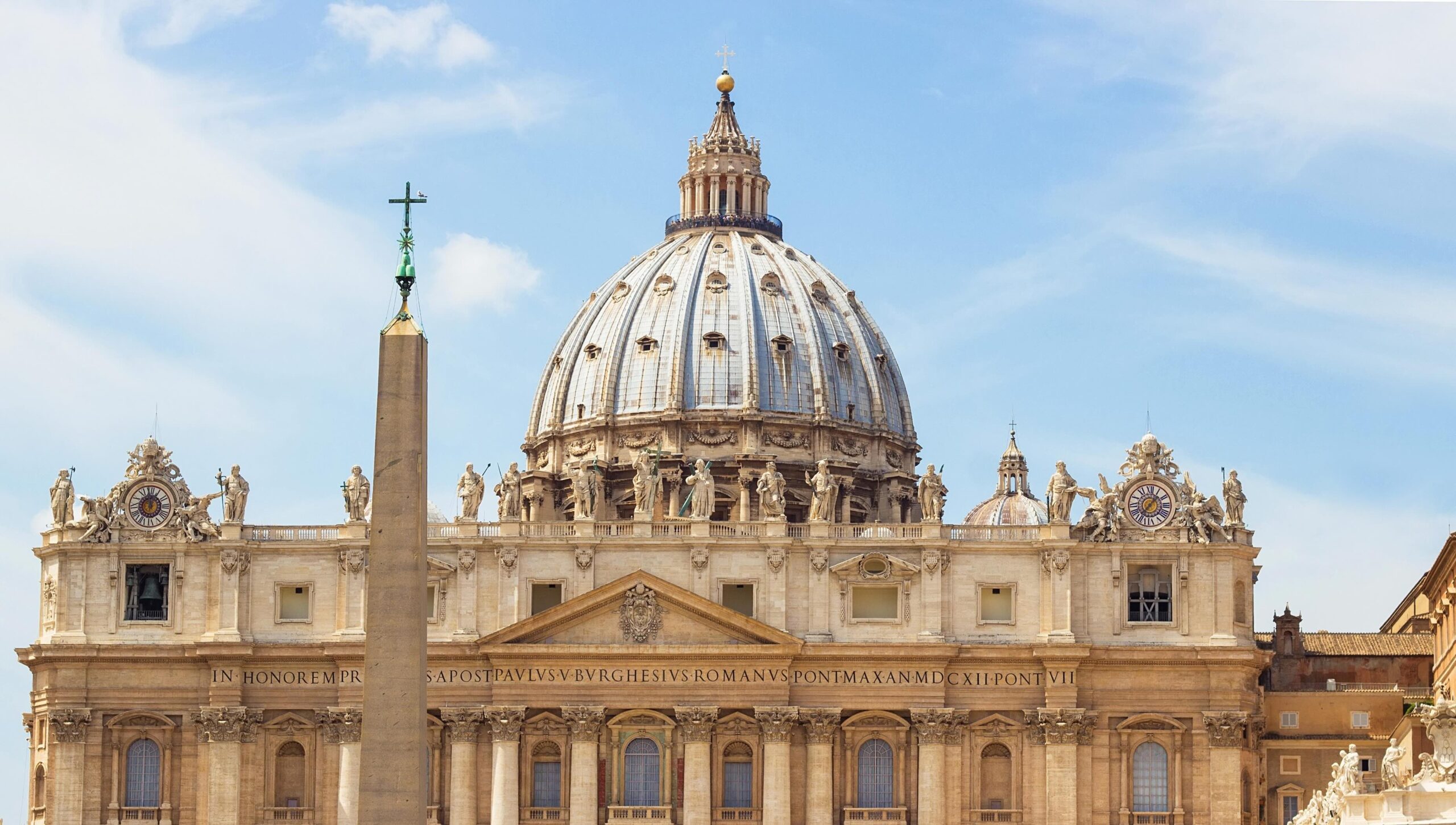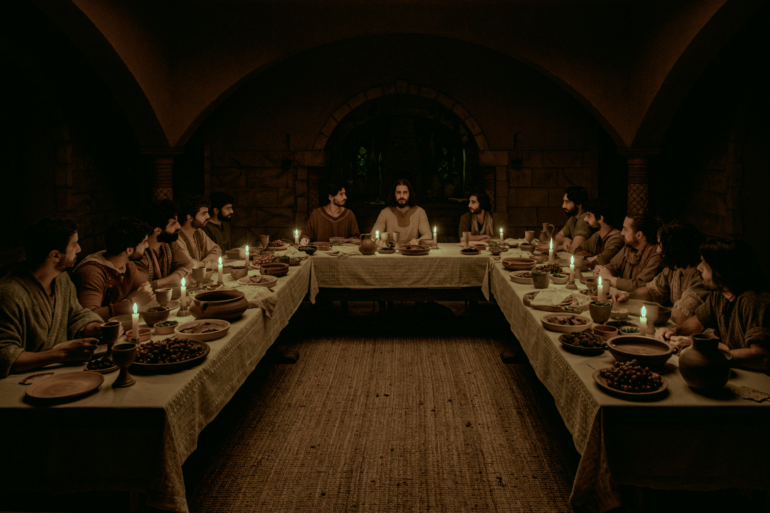In a country with over 85 million Catholics, it seems unthinkable that people are veering away from practicing Holy Week traditions. Is it inherently a bad thing, though?
‘Crispy pata’ were the words I immediately regretted uttering when my pious lola asked me what I wanted to eat on a Good Friday. Besides a stare that shook me to my core, I got an earful from my grandmother, who squashed any jokes I may have in store that day.
I was asked to reflect, eat fish, and watch Charlton Heston in The Ten Commandments (1956) separate the Red Sea for the nth time in my lifetime. And even though we’re fortunate to have had cable back then, the latest exploits of Johnny Bravo or the siblings Cow and Chicken had to wait.
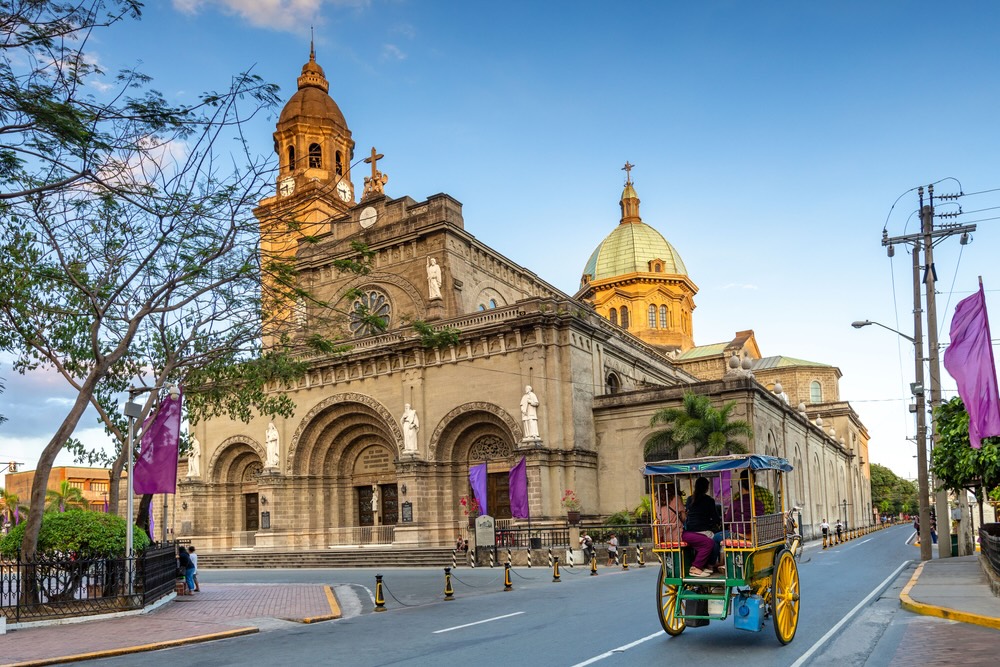


Such was the case in our household that reminded everyone what to follow and avoid during the Holy Week. From practices like no loud laughter to making sure leaves are moving on Good Friday before taking a bath, these customs may not have changed, but fewer people practice them over time.
Over the years, adherence to these rules has waned as more people opt to go on vacations instead of observing the traditional activities during Holy Week. Although I would never try to question my sweet lola on her beliefs and the customs we followed strictly when we were growing up, I’ve always wondered why I had to refrain from sweeping, meat-eating, and heck even wounds are said to slow down healing during this time.
Related story: Understanding Lenten abstinence: Why Catholics forego meat on Fridays until Easter
Related story: Filipino travelers prefer Asian destinations for their vacays abroad
What are we supposed to do?
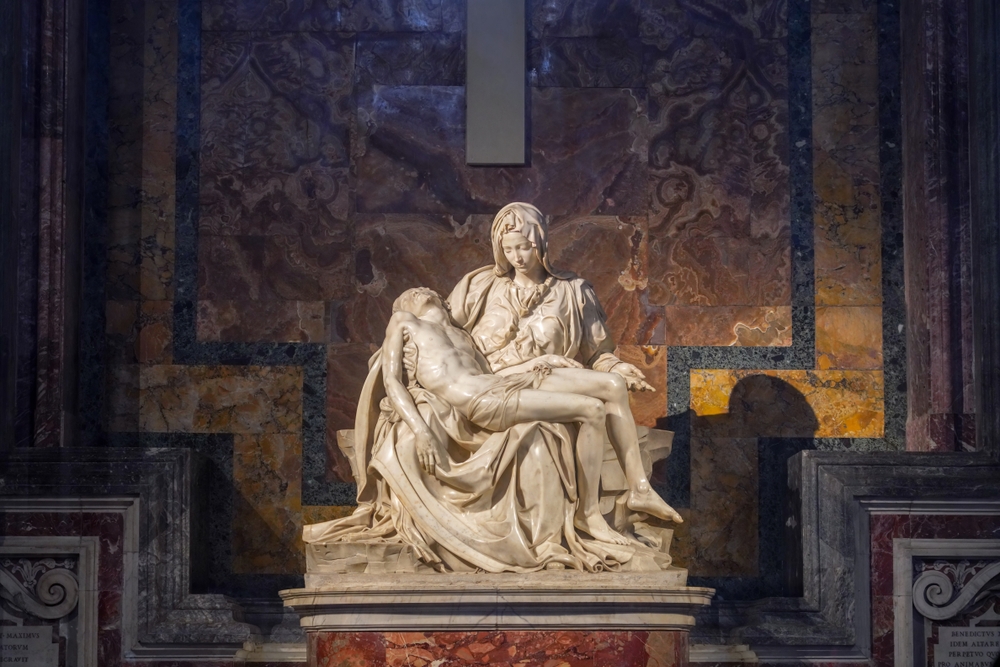


One can argue whether the solemnity of Holy Week remains intact when the rustling of palm branches during Palm Sunday is now replaced by people waving their boarding passes for their planned getaways during the long holiday.
By no means am I in a position to call out which approach is either right or wrong. Thus, I look towards earlier accounts in Philippine history of how Holy Week customs are usually practiced.
In his expansive work Encyclopedia of Philippine Folk Beliefs and Customs (1991) Fr. Francis Demetrio, SJ., documented the beliefs and customs followed by Filipinos. In the city of Malaybalay, Bukidnon for example: residents get their palm leaves blessed as protection against dili ingon nato, a Bisaya word noting creatures that are not like humans.
Surely, those in the beach resorts would not like this next one under Fr. Demetrio’s notes aptly subtitled, “General Beliefs and Practices: Good Friday Travel Bad.” It is said going on a trip on this holy day presents more dangers than usual. Additionally, it’s worth mentioning to take into account a sneeze from any member of the household as an indicator of a bad omen when someone is about to travel.
Even the CBCP is advocating for balance—invoking relaxation and reflection to commemorate Holy Week.
Thankfully, the book offers a countermeasure against the omen. If the above omen manifests, the person traveling should mark their forehead with charcoal before leaving the house.
Anyone sweeping at night also runs the risk of bringing death to themselves or any family member, according to the Jesuit priest’s respondent from Lanao Del Sur in 1966. There are many more accounts in Fr. Demetrio’s two-volume book that cover other traditional Filipino beliefs and traditions. Perhaps it could be discussed in a separate story altogether.
When it comes to the commemoration of Holy Week, we are provided by these earlier statements from our fellow Filipinos who had experiences abiding by them without us knowing if they followed it out of religiosity or something akin to several children, such as myself growing up.
Holy Week in context
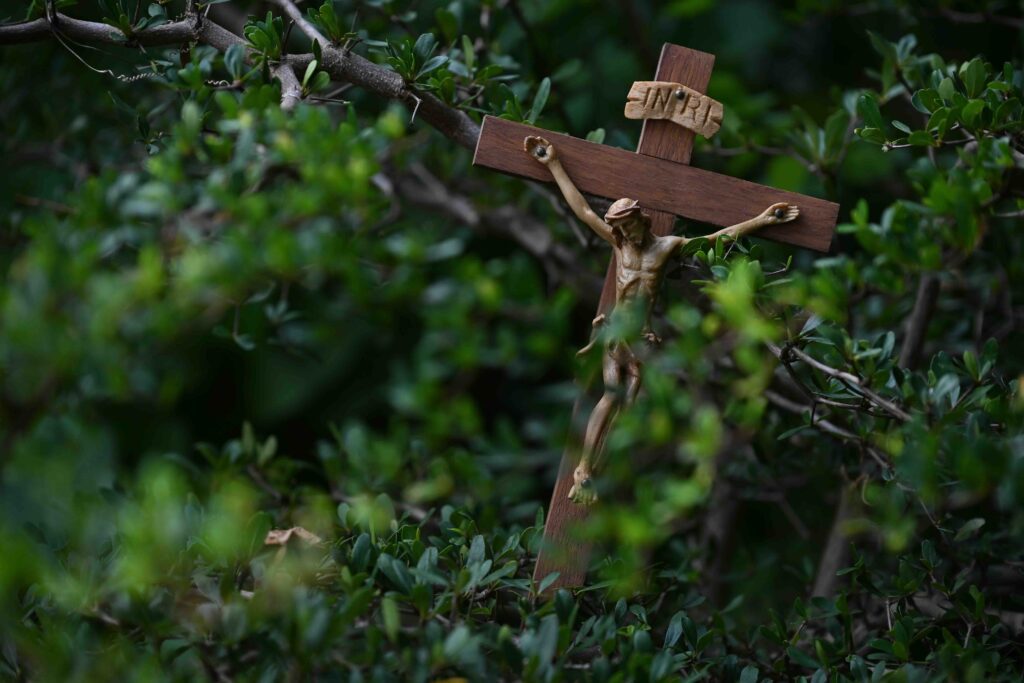


It’s no secret how modernization has impacted religious practices over time. The study of it can already be contentious, and more so when it deals with the nuances of Christianity’s important celebrations that date back to 4th-century sources.
Holy Week, as many of us know, commemorates Jesus’ final days before his crucifixion. The earliest resource to its major rituals and origins is attributed to a Roman nun named Egeria, who went on a pilgrimage to the Holy Land. Her full identity is still unclear, but a 22-page fragment of her travel diary reveals her significance as one of the earliest upper-class Roman converts who supported the religion.
In today’s context, especially for a country with over 85 million Catholics, it seems unthinkable that people are veering away from practicing the Holy Week traditions. Is it inherently a bad thing, though?
Even the Catholic Bishops Conference of the Philippines-Public Affairs Committee (CBCP-PAC) in the past year has advocated for balance—invoking relaxation and reflection to commemorate the annual religious activity. If anything, the CBCP echoes the sentiment of the average working Filipino, who also deserves to rest and relax.



With an average of 18 public holidays per year and one of the longest workweeks globally, averaging 43.2 hours per week, it’s understandable that the average Filipino would seek a couple of days of respite from the daily grind.
As for myself, I understand that my late grandmother would probably frown at me right now for writing this piece in a week that should be about reflection and penance. I have no excuses. It goes the same for all the vacations I took with my loved ones over the years conveniently wedged into the Holy Week.
I also understand how Holy Week can mean many things to others, spent differently in more ways than one. For me, it would always be about creating memories with the people I care about.
Customs, omens, and so-called misfortunes aside, I always break one of those rules. I always find myself smiling during Holy Week when I remember my lola. Thank you for the memories. I’ll be sure to play The Ten Commandments this week.

